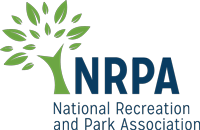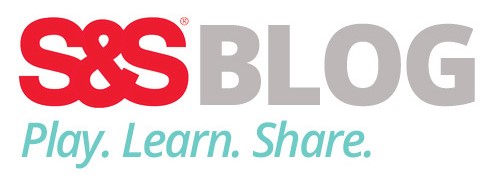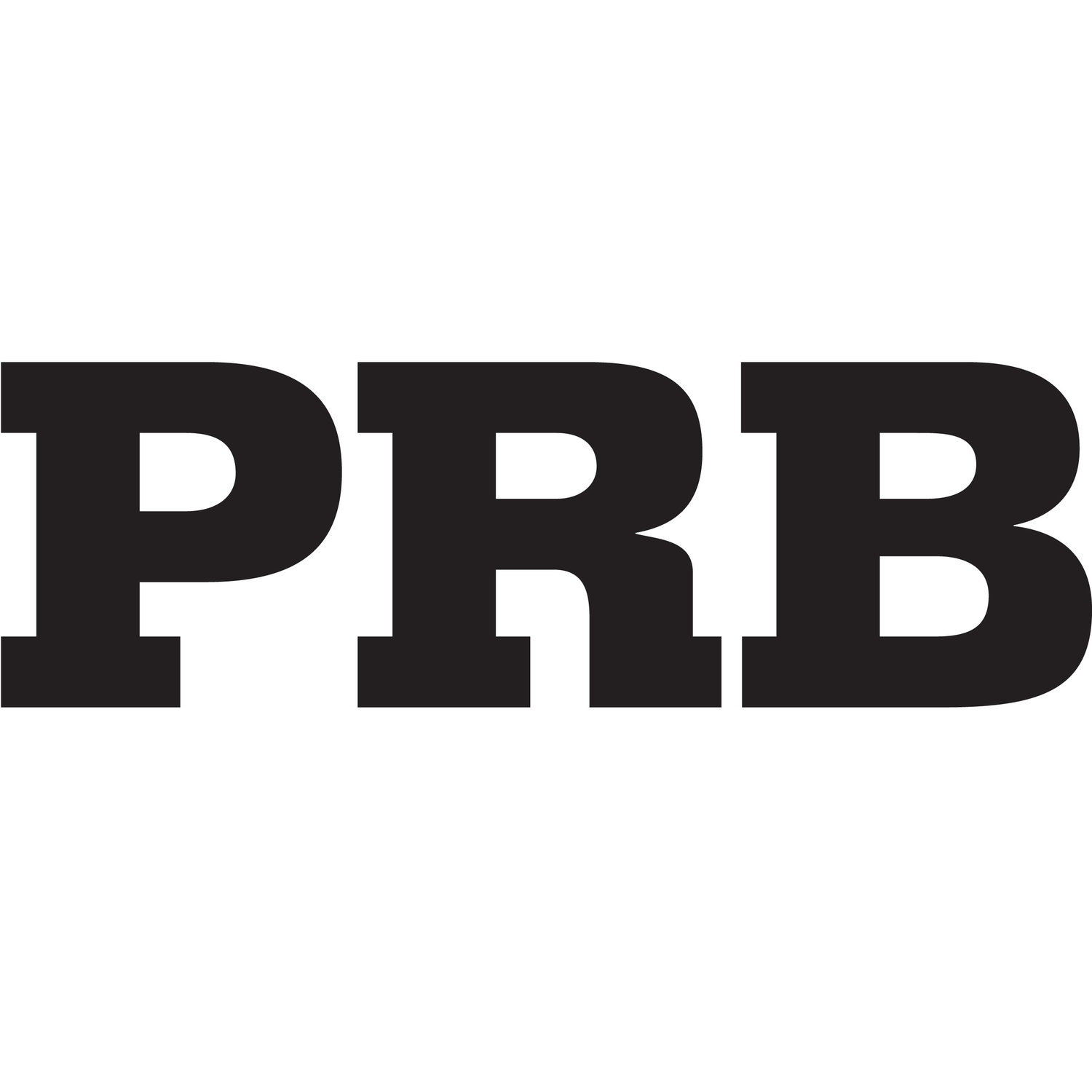All Camp programs should have very similar goals to bring the best out of your participants. These should be outlined in your policies and procedures and summarized in your Mission Statement and Vision. From there come up with a set of internal objectives that will ensure you reach your goals while delivering on your mission and vision. Engrain these things in your parents, staff, volunteers, and participants to ensure they know what your program is all about and understand what is expected when they participate. This will create the positive culture you want at every level of your program. Here are some guidelines in developing your Mission, Vision, and Goals.
Mission: A mission statement is a brief statement that outlines an organization’s purpose, goals, and values. It serves as a guide for decision-making and helps to keep the organization on track. Mission statements describe what you do and who you are in the present. They summarize your organizations purpose and primary focus. Mission statements express your business’s core values. They are the foundation or compass for company culture.
Vision: A vision statement is a brief statement on where your organization inspires to be in the future. Vision statements describe what you want to do or where you want to be. Vision statements integrate those core values but are a game plan or action-oriented roadmap for reaching your goals.
Both your Mission and Vision statement work together to form a framework for your organization.
Goals: A goal is something you want to achieve. It’s the desired result that your organization plans and commits to achieving. When making goals they should be SMART goals. SMART is an acronym that stands for Specific, Measurable, Achievable, Realistic, and Time-Bound. You can have both long term and short term goals within your programs.
Objectives: An objective is a specific task and measurable action that can be accomplished to achieve your goals.
A goal is an achievable outcome that is generally broad and longer term while an objective is shorter term and defines measurable actions to achieve an overall goal. While different, the two terms are often used in unison. Both are essential to planning and executing the goals of the organization.
Once your organization has created their mission and vision statements, you should focus on your goals and how to achieve them. Many camp programs should have similar goals while providing a youth program for your community. Goals can come in many forms and you can have goals and every level of your organization. When it comes to creating goals for the on-site operation of your camp and camp organization, there are several things you should consider.
Safety and Supervision: Safety is going to be one of the most important things you need to focus on when you are running camp. If you cannot provide your program in a safe environment it should not happen. There are several things that you can do to make sure your program is safe like conducting background screens, having risk management plans, having proper training and supervision, and ensuring you have proper equipment. All this goes a long way to make sure you avoid serious incidents.
Fun: Your camp program is in place for the kids to have fun and gain valuable life experiences. Make sure this is a top priority, and if you notice kids not having fun, find out why because there is generally an underlying reason. Remember, it’s all about the kids and making your camp an experience they will never forget!
Teamwork: Learning to work together as a team will have lasting effects on these kids in many aspects of their lives. Promote it throughout your program.
Positivity: Too often are kids scolded or yelled it when they make a mistake. Keep it positive! Constructive criticism is OK. One rule of thumb is if you have to be negative make sure it comes along with two positives. This is a way to notify the child of the mistake but keep their morale high by telling them what they did well. If you hear too much negativity shut it down immediately because it will spread like a virus throughout your program.
Sportsmanship: Teaching sportsmanship does not just happen while playing a sport. At camp we will coordinate many games, activities, have competitions, etc. and need to teach campers how to be good sports while they participate. This includes following the rules of the games, learning how to win or lose, and having fun regardless of the outcomes.
Learning and Education: Camp gives kids opportunities to learn outside the classroom setting regardless if you intentionally add education to your camp curriculum or not. When possible, try to work in educational activities that are fun and engaging along with social and emotional learning activities to give kids necessary skills that can use in or outside the classroom.
Communication: Excellent communication should be a goal at every level of your organization both internally with staff, externally with parents, and with your campers. Do everything you can to make sure you communicate every aspect of your program at all levels and it will instantly elevate yourself and your program.
Structure and Organization: Your program should be highly organized and structured for your staff, parents, and participants. An emphasis on planning, communication, and scheduling will be the foundation you need to ensure a very structured and organized program for those you serve.
Staff and Volunteer Development: Many times we focus on operations, activities, and catering to our parents and participants, and don’t put the time and effort needed to provide ongoing training and education to truly develop our staff and volunteers. Your staff is your most valuable asset so have training and development goals that will result in better recruitment, retention and overall program.
Promoting Health and Wellness: Promoting health and wellness is a big part of camp and a main reason camp programs are so popular. Not only does it provide unique opportunities for campers, it also does it in a way that keeps them active with a focus on improving mental health as well. This means the benefits are not just physical but also improves their cognitive development as well as social and emotional growth.
Program Growth: All of our camp programs should have a goal of growth to serve as many families as possible. Achieving all the goals above will undoubtedly result in your program growing significantly over time.
Each camp program will all have their own set of individual and organizational goals that will cater to the success of their programs as well as plans, objectives, and benchmarks on how to reach those goals. Program goals and expectations are an essential part of running your program at a high level, growing your program as well as meeting and exceeding industry standards.
Favorite







